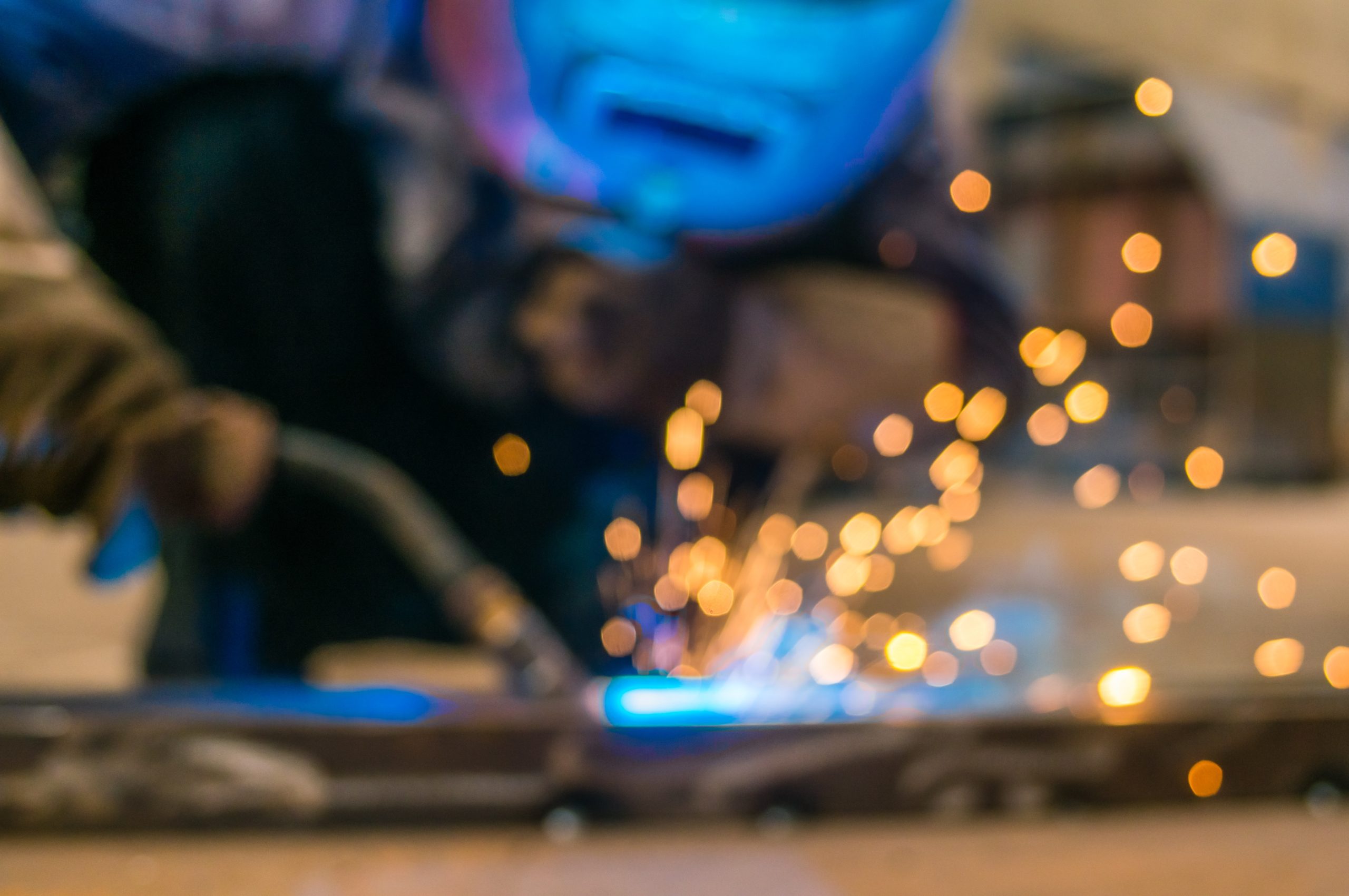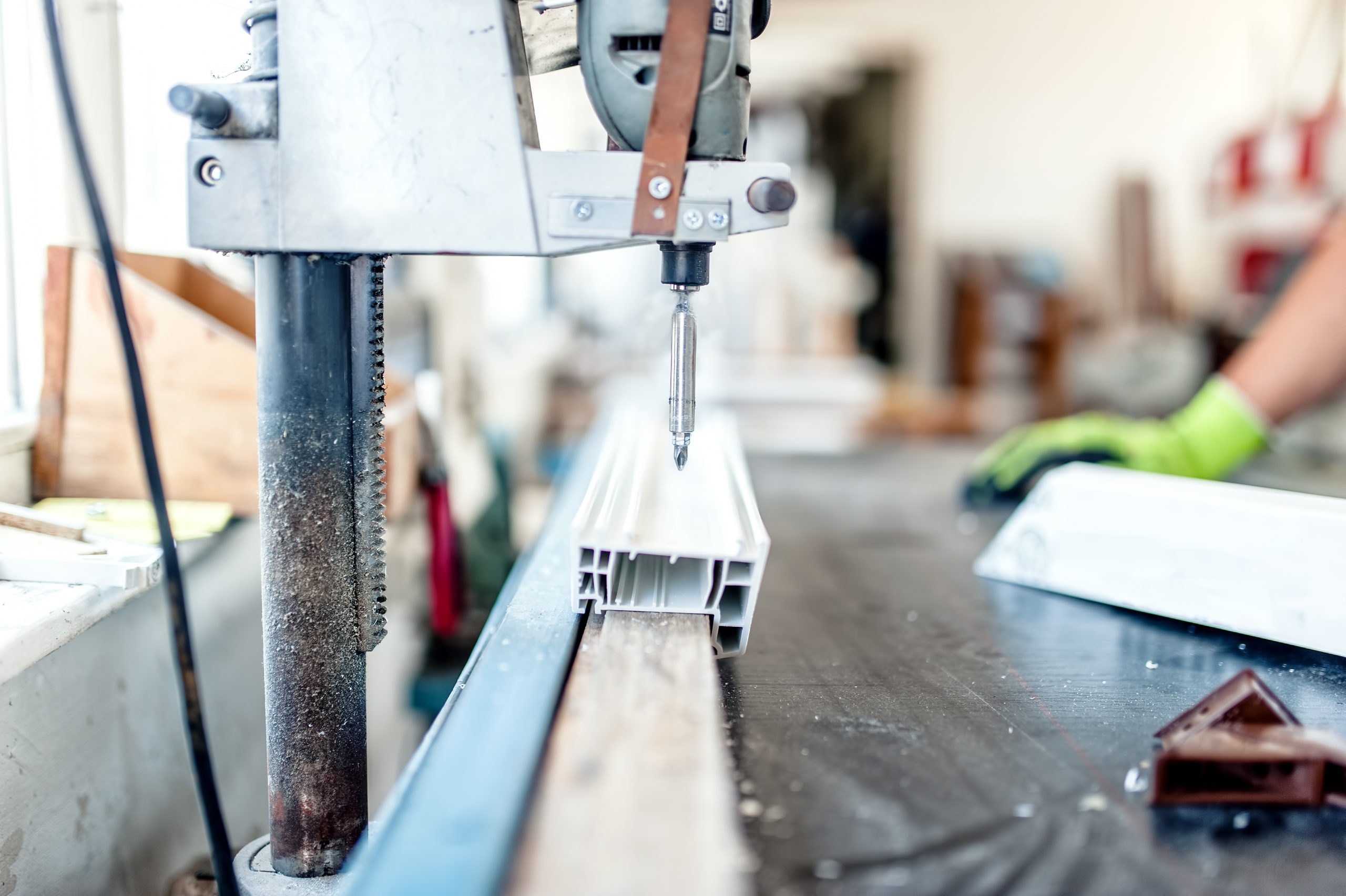The Challenge in Finding Good Fabricators
 What makes a good metal fabricator? It takes a few key traits working in concert to produce someone who excels in the field. With the right education almost anyone can become a semi-decent fabricator. To produce a good one requires something more. They must:
What makes a good metal fabricator? It takes a few key traits working in concert to produce someone who excels in the field. With the right education almost anyone can become a semi-decent fabricator. To produce a good one requires something more. They must:
Enjoy Working With Their Hands
Modern metal fabrication may be trending away from manual tasks as computers and automation grow increasingly integral, but some things needs a human touch and will for the future. That means a good metal fabricator needs to not just be willing to work with their hands, but enjoy it—with the dirt and mess that comes with it. A person who merely tolerates hands-on work will get frustrated and demoralized working in a metal fabrication shop.
Appreciate Their Own Accomplishments
A good metal fabricator shouldn’t necessarily be egocentric or self-aggrandizing, but rather they should be individuals who enjoy being able to look back at the end of the day and feel good about what they’ve built. A strong feeling of satisfaction tied to the creation is critical in producing the very best metal fabricators. Someone who doesn’t get that sensation may produce wholly serviceable projects for their clients, but they’ll never exceed expectations and produce truly superior results..
Possess a Mechanical Mind and Interested in How Things Go Together
Like many hands-on fields, metal fabrication sees the most success from so-called kinetic and analytical learners. Visual and auditory thinkers may excel with enough drive and interest, but there’s a massive advantage for those whose minds trend towards an understanding tied into physical understanding or rational, logical processes. In other words, the best metal fabricators learn best when they can touch and feel how things go together, or when they can understand how or why something works the way it does.
Have a Strong Character
To be fair, there’s no such thing as a career where strong character and a good work ethic isn’t a boon, but it’s completely mandatory for success in metal fabrication. A shop depends as much upon its reputation and its ability to fulfill its duties as it does the technical capabilities of its employees. A fabricator who can’t buckle down and work hard to meet a tough deadline, who cuts corners and skimps on the details, isn’t going to accomplish much in the field.
Prefer Regular Challenges
 While there may be plenty of staple tasks to be found in the career of a metal fabricator, the fine details of each and every job may vary in crucial ways. An otherwise routine fabrication can require as much attention to detail and offer as much challenge as something wholly unique, depending on the exact needs of the customer making the request. Add in the constantly evolving nature of metal fabrication as an industry, the many customers whose projects are most definitely not routine, and the myriad challenges arising outside of the workshop, and it’s easy to understand why a good metal fabricator must appreciate something new and challenging each and every day.
While there may be plenty of staple tasks to be found in the career of a metal fabricator, the fine details of each and every job may vary in crucial ways. An otherwise routine fabrication can require as much attention to detail and offer as much challenge as something wholly unique, depending on the exact needs of the customer making the request. Add in the constantly evolving nature of metal fabrication as an industry, the many customers whose projects are most definitely not routine, and the myriad challenges arising outside of the workshop, and it’s easy to understand why a good metal fabricator must appreciate something new and challenging each and every day.
Want a Career?
A good metal fabricator doesn’t develop overnight, even with a lot of talent and a strong education. To become a truly skilled, accomplished fabricator requires someone who wants to build a career in fabrication, and thus will stay in the field for decades. There may be fabricators out there looking for their ticket to something better, but they’ll never match the accomplishments of fabricators dedicated to keeping up with the art and science of fabrication year after year.

